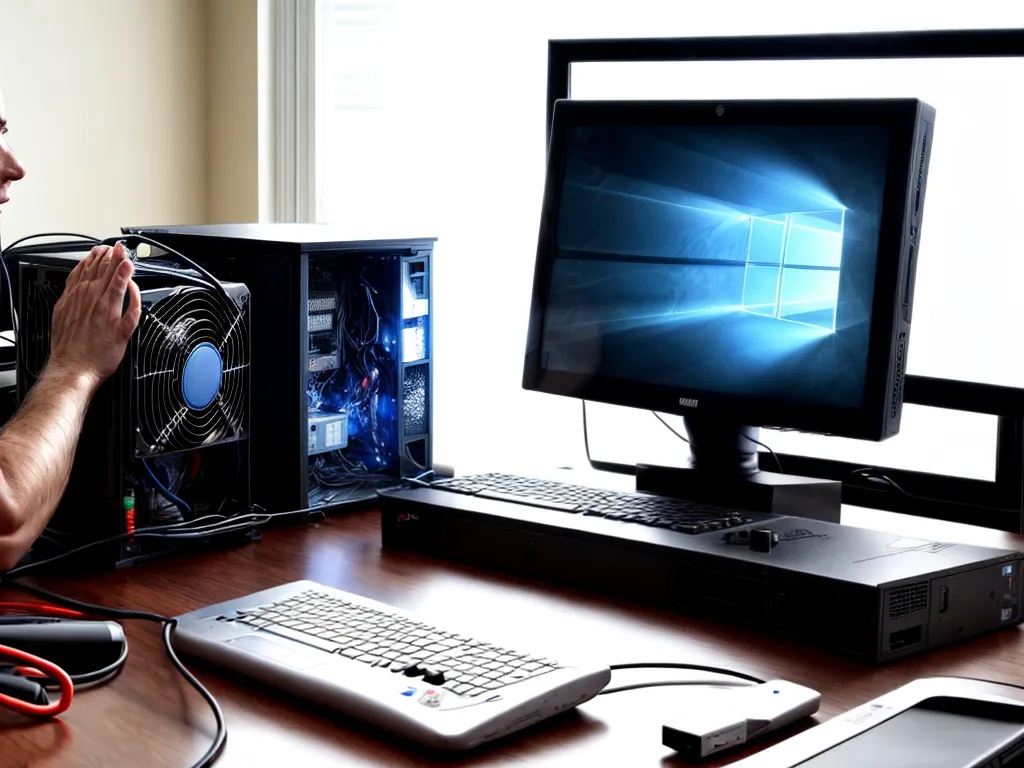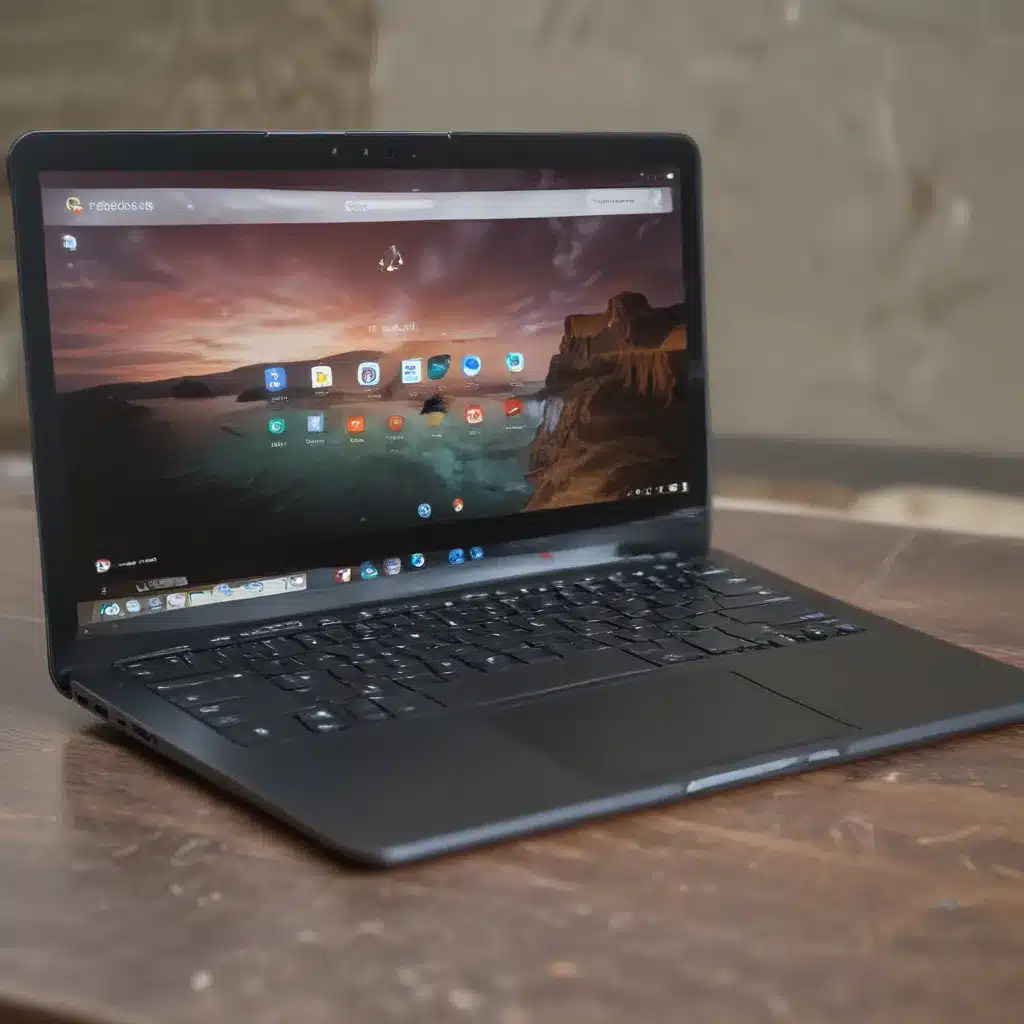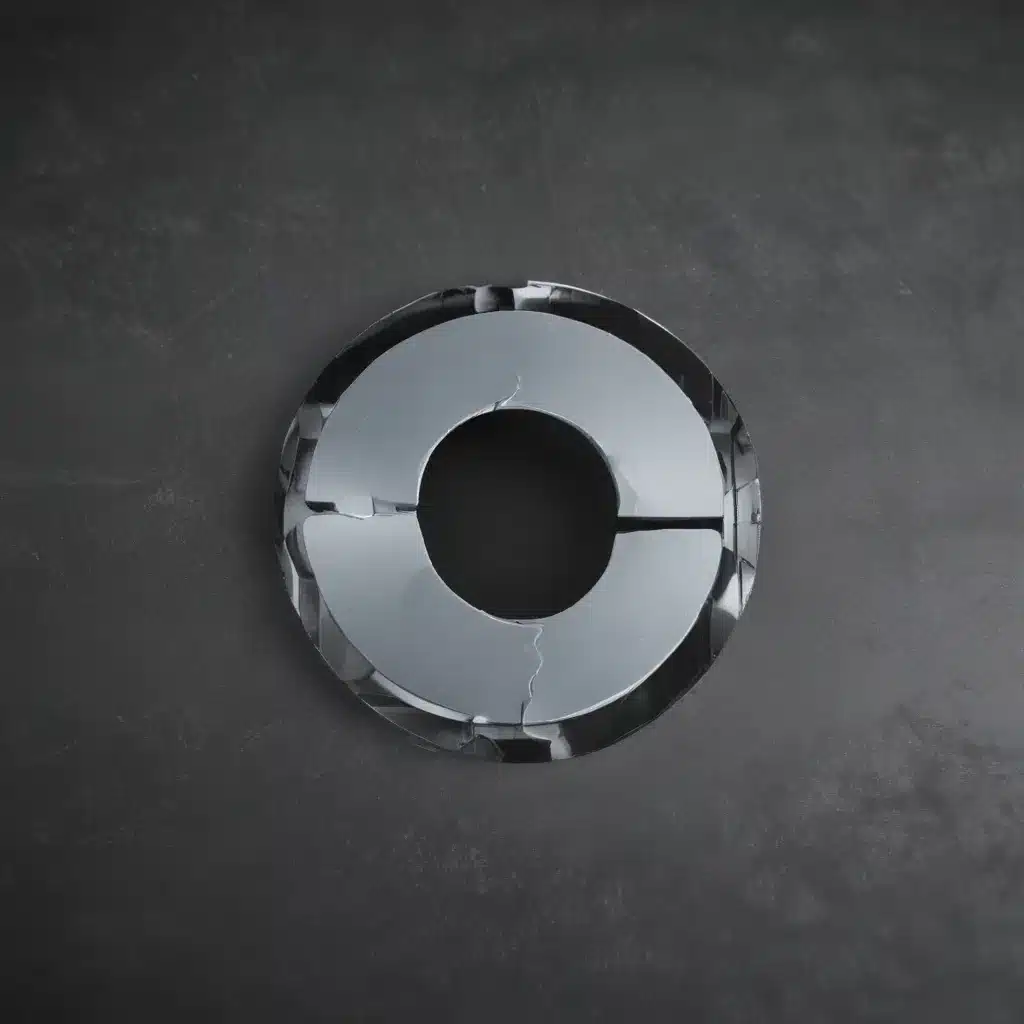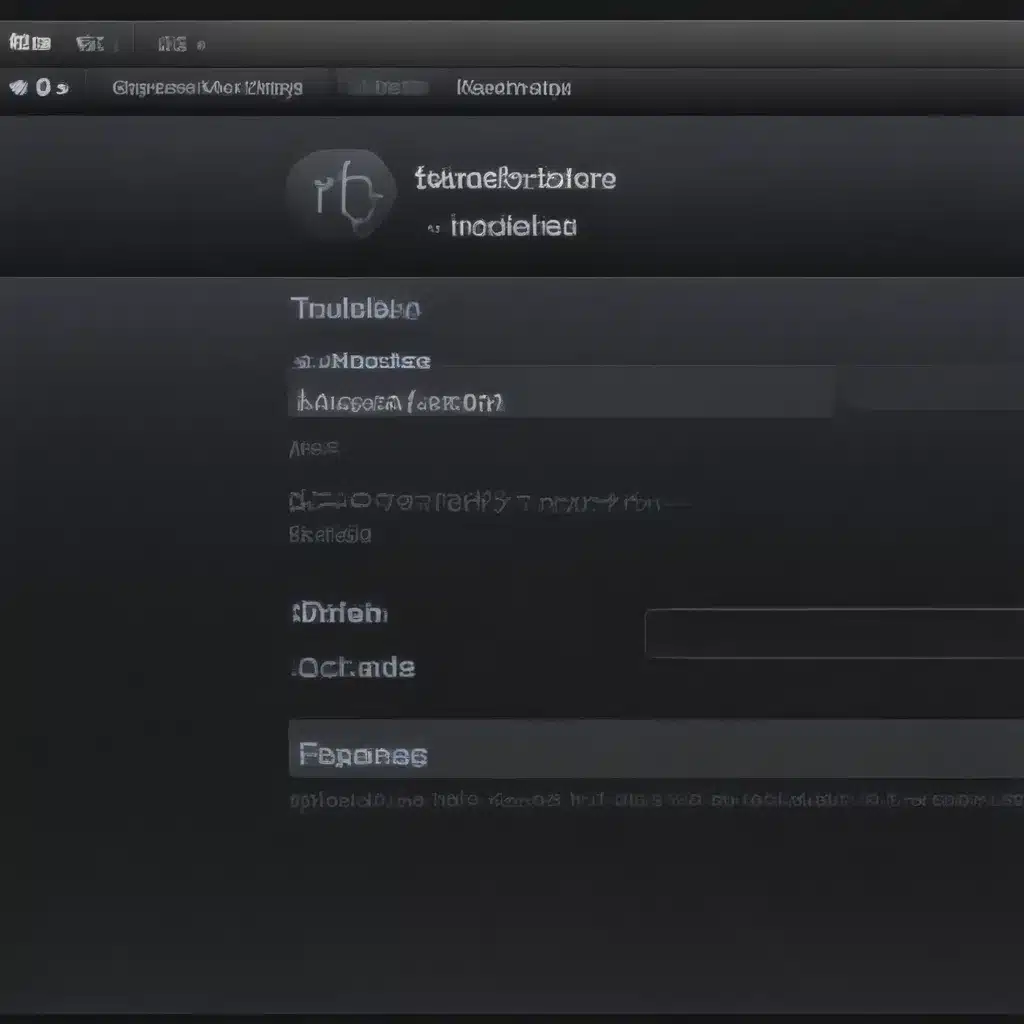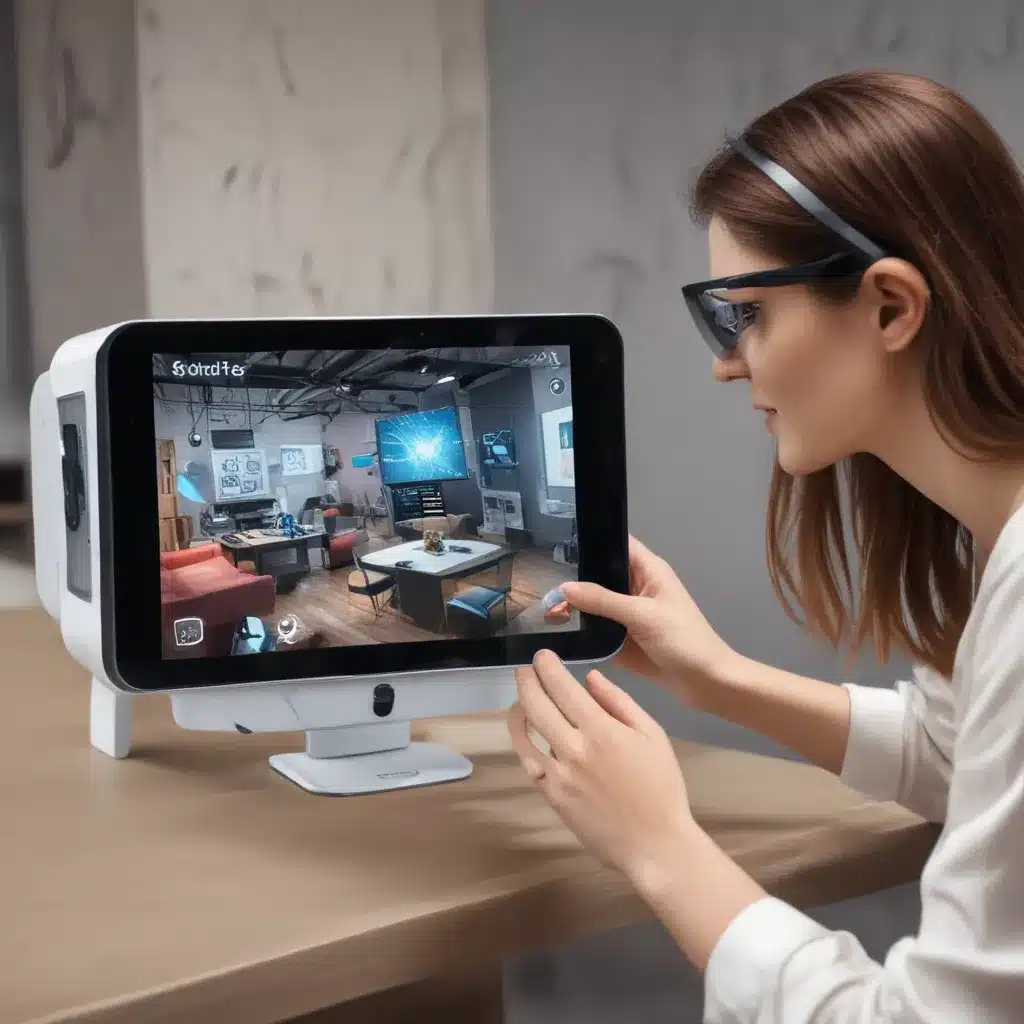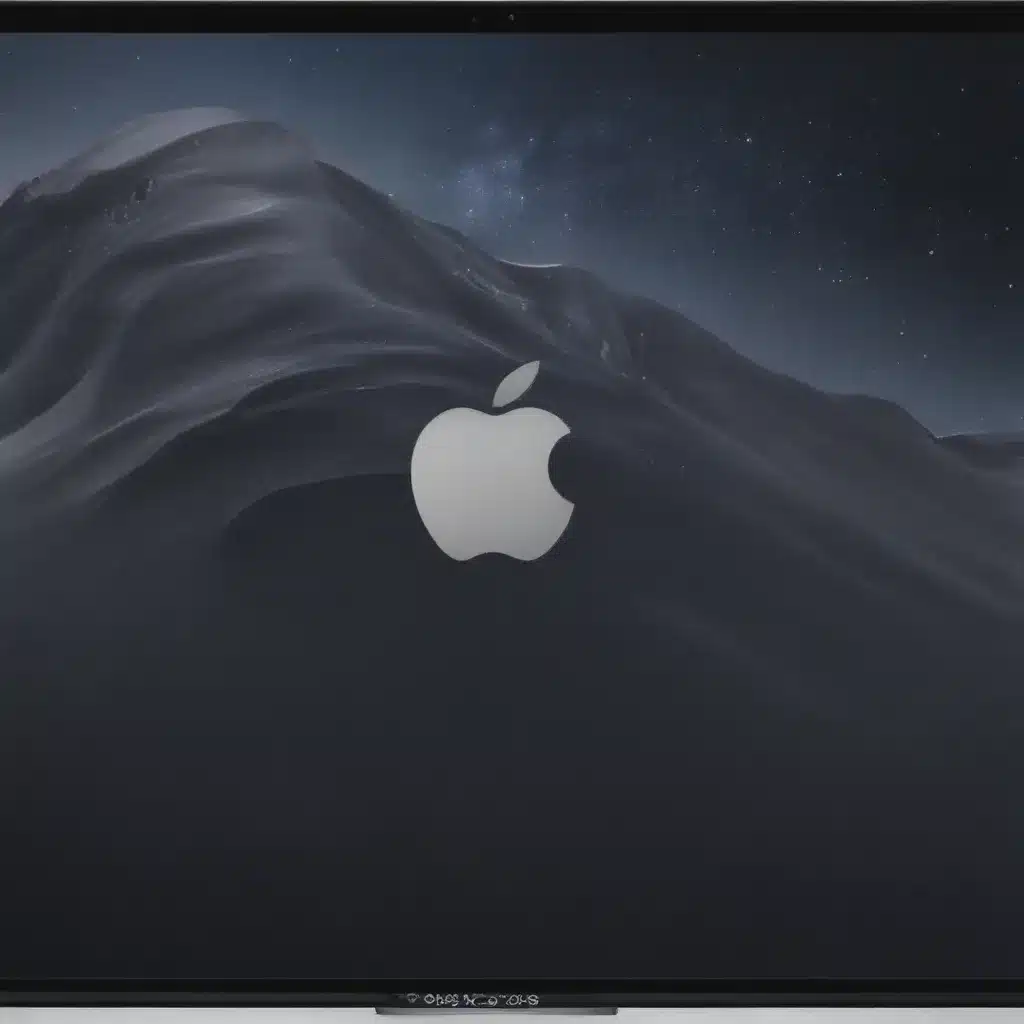Keeping my computer from overheating is important to prevent damage and make sure it runs smoothly. Here are some tips I’ve learned to keep my computer cool:
Monitor the Temperature
The first step is to monitor my computer’s temperature. There are several ways I can do this:
-
Use built-in software like Core Temp or Speccy to track CPU and GPU temperatures.
-
Download a hardware monitor like HWMonitor to get readings on all my components.
-
Check the temps in my BIOS at startup.
Ideally, my CPU should stay below 85°C under load and my GPU below 80°C. If temps start creeping higher, it’s time to take action.
Clean Out the Dust
Dust buildup is a common cause of overheating. I make sure to:
-
Use compressed air to clear dust from my computer’s intakes and exhausts every few months.
-
Pop open the side panel and blow air over components to dislodge dust.
-
Carefully clean my CPU heatsink and case fans of dust buildup.
Keeping my computer’s internals dust-free improves airflow and cooling efficiency.
Check for Proper Airflow
My computer case needs proper airflow to stay cool:
-
I make sure fans in the front and bottom pull in cool air.
-
Fans at the back and top should expel hot air.
-
I don’t block vents with objects or push my computer against a wall.
-
Cable management prevents tangles that obstruct airflow.
Optimizing the air intake and exhaust keeps fresh, cool air moving through.
Reapply Thermal Paste
Thermal paste helps transfer heat from my CPU to the heatsink. Over time it can dry out.
-
I carefully remove my CPU cooler and use isopropyl alcohol to clean off old paste.
-
Applying a pea-sized dot of fresh paste can greatly improve cooling performance.
Reapplying thermal paste every year or two reduces CPU temperatures.
Upgrade Cooling Solutions
If temperatures are still too high, I consider upgrading my cooling:
-
Adding more case fans improves overall airflow. Larger 140mm fans are optimal.
-
A bigger CPU air cooler like a Noctua NH-D15 disperses heat efficiently.
-
A liquid AIO cooler with a radiator and two fans works great for CPUs and GPUs.
-
More aggressive GPU coolers like the Arctic Accelero help lower graphics card temps.
Better cooling keeps critical components like my CPU and GPU running cooler.
Improve Case Cooling
Upgrading my case can improve cooling:
-
Cases with a mesh front panel allow more airflow.
-
A case with more fan mounts gives me flexibility.
-
Large cases like the Fractal Design Meshify 2 have room for beefy air or liquid cooling.
A well-ventilated case with room for fans keeps the entire system cooler.
Keeping an eye on temps and adopting cooling best practices prevents overheating. With these tips, I can keep my computer running optimally and avoid heat-related problems.

